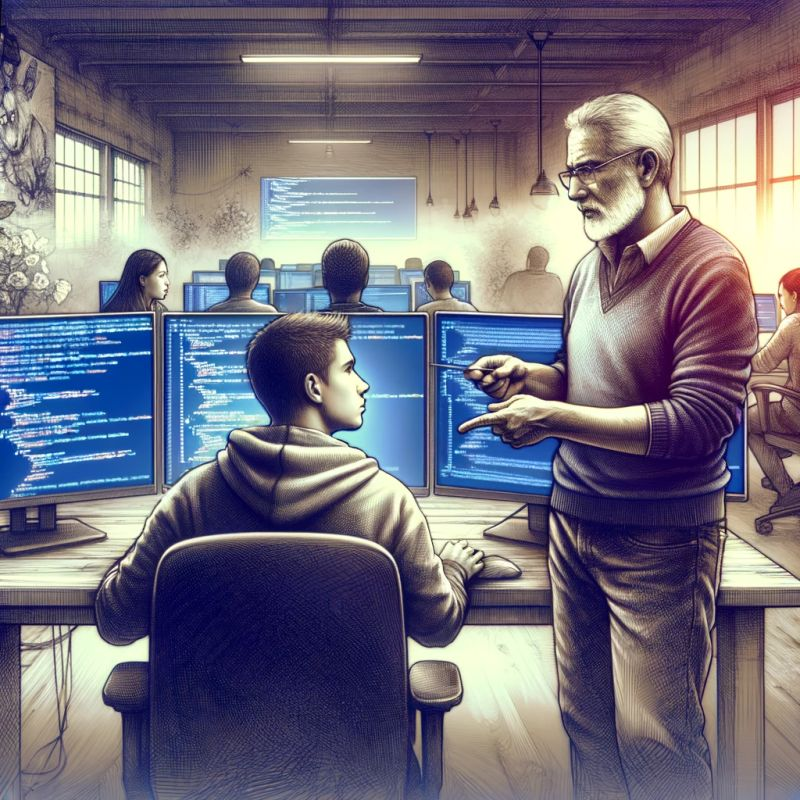The Moment That Redefined Feedback For Me

Early in my career as a Junior Software Developer, I encountered a moment that has stayed with me for two decades. It was a routine day at the office, the kind where the hum of computers harmonized with the clacking of keyboards—a symphony of productivity. That harmony was disrupted when a senior colleague, someone I deeply respected, decided it was the right moment to provide me with some critical feedback.
The feedback wasn’t the issue—it was necessary, and I’ve always been open to growth. It was the delivery that transformed the moment into a lesson I’d carry for a lifetime. This feedback came without warning, in the full view and earshot of our team. Questions were not asked, my perspective wasn’t sought, and the chance to explain or engage was absent. I remember standing there, feeling smaller by the second, cornered and voiceless under the weight of his words and the silent witness of my peers.
This wasn’t constructive criticism; it was a public call-out. It was Obnoxious Aggression.
Yes, his intentions may have been rooted in a desire for my improvement, but the method left a mark, one made of shame and confusion rather than guidance and understanding. It was a surprise attack, not a teachable moment.
Twenty years on, the sting has faded, but the memory is as vivid as ever.
However, this experience became a catalyst for my growth in understanding the profound impact of feedback. It taught me that context is not just a backdrop but an active ingredient in communication. That the environment we choose to give feedback can either nurture growth or stunt it. That openness to dialogue, to genuinely hear another’s perspective, is the cornerstone of constructive feedback. And that being mindful of the power dynamics in play is crucial to fostering a culture of respect.
From that moment, I committed to a different path. When I give feedback now, I ensure it’s with empathy, in a setting that encourages rather than intimidates, and with an invitation for conversation. The goal is not just to critique, but to uplift, guide, and empower.
I’d love to hear your stories. Have you ever experienced feedback that missed the mark on delivery? How did it shape your approach to giving and receiving feedback?
Feedback Leadership GrowthMindset ProfessionalDevelopment